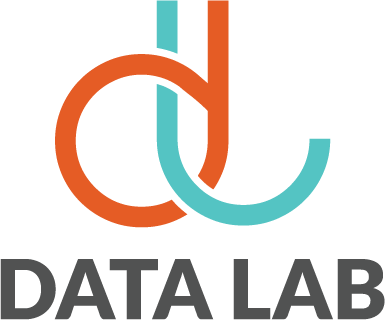
Ai and Automation
Automation involves using technology to perform tasks with minimal human intervention.
This can include the automation of repetitive or routine processes, improving accuracy
and speeding up operations. In industrial settings, automation often involves the use of
robotics to handle manufacturing or assembly tasks. In business processes, automation
might include workflows, data entry, and customer service tasks. The goal is to increase
efficiency, reduce errors, and allow human workers to focus on more complex and creative
aspects of their roles.
Together, AI and automation are driving transformative changes across industries,
offering increased productivity, data analysis capabilities, and the potential for
innovative solutions to complex problems. They represent a powerful combination that is
shaping the future of work and technology.
-
Chatbots and Virtual Assistants:
- Developing AI-powered chatbots for customer support, information retrieval, and interaction on websites.
- Creating virtual assistants that use natural language processing to assist users with tasks.
-
Predictive Analytics:
- Implementing machine learning models for predictive analysis, such as sales forecasting, demand prediction, or financial market trends.
-
Robotic Process Automation (RPA):
- Automating repetitive and rule-based tasks in business processes using software robots.
- Enhancing efficiency by reducing manual effort and minimizing errors.
-
Image and Video Analysis:
- Developing computer vision systems for image and video recognition.
- Applications include facial recognition, object detection, and content analysis.
-
Natural Language Processing (NLP):
- Building applications that understand and interpret human language.
- Projects may involve sentiment analysis, text summarization, or language translation.
-
Machine Learning Applications:
- Creating custom machine learning solutions for specific business needs.
- This could include recommendation systems, fraud detection, or personalized content delivery.
-
Automated Data Processing:
- Developing tools for automated data extraction, transformation, and loading (ETL).
- Improving data quality and streamlining data-related workflows.
-
AI in Healthcare:
- Implementing AI solutions for medical image analysis, disease prediction, and personalized treatment recommendations.
- Enhancing diagnostic processes and improving patient outcomes.
-
Cybersecurity Automation:
- Developing automated systems for threat detection, incident response, and security analytics.
- Strengthening cybersecurity measures and reducing response times to potential threats.
-
Smart Manufacturing:
- Implementing AI and automation in manufacturing processes for predictive maintenance, quality control, and supply chain optimization.
- Enhancing overall efficiency and reducing downtime.
-
AI in Financial Services:
- Creating AI applications for fraud detection, credit scoring, and algorithmic trading.
- Enhancing decision-making processes in the financial industry.
-
Autonomous Systems:
- Developing solutions for autonomous vehicles, drones, or robotic systems.
- Integrating AI to enable decision-making and navigation without human intervention.
If Data Lab specializes in AI and automation, you may find more detailed and accurate information about the types of projects they handle by checking their website, portfolio, or contacting them directly. The projects can vary widely based on the industry focus, client needs, and the expertise of the company.
